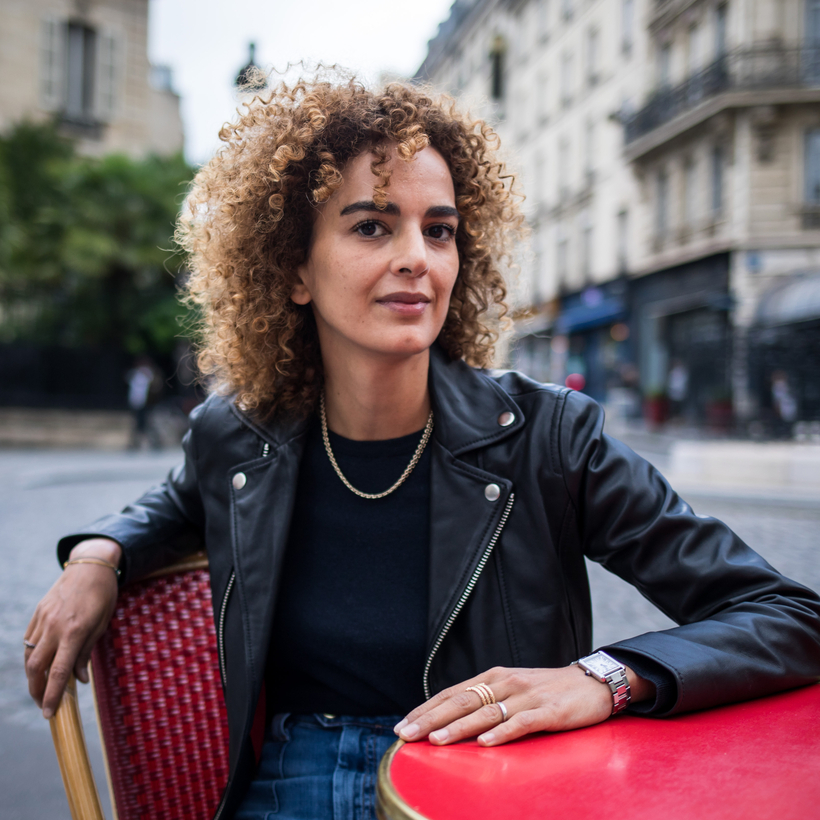Leila Slimani, 39, was born in Rabat, Morocco. At 17 she moved to Paris to study political science. Her first novel, Adèle, was published in 2014, and in 2016 she was awarded France’s most prestigious literary prize, the Prix Goncourt, for her second novel, The Perfect Nanny. In 2017 President Macron appointed her as his personal representative for the promotion of the French language and culture. She lives in Paris with her husband, Antoine, a banker, and their two children.
I wake up with my children at 7.30. The best moment of my day is when my husband takes them to school. I listen to the radio while asking myself when I will smoke my first cigarette of the day.

